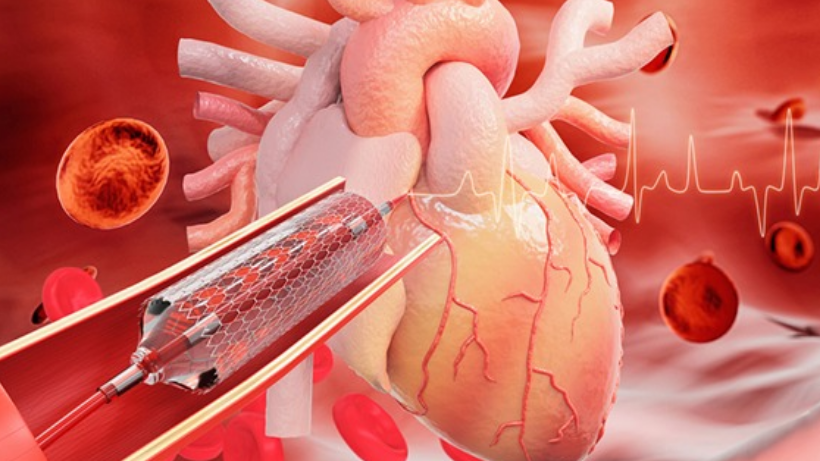
Diet After Stent Implant- What to Consume and What Not?
06 Apr, 2022
 Healthtrip Team
Healthtrip TeamHeart disease has cast its shadow over India in the last few decades. As per research, one out of four Indians dies in CVD(cardiovascular disorder). While stent placement is not the only solution, it’s time that we take care of our heart after surgery.
Experts suggest heart disease is preventable and, in many circumstances, reversible if dietary modifications are made. Simple lifestyle changes and healthy eating habits can go a long way to fighting against heart disease. Here we will discuss which diet you should plan after heart treatment and what to avoid after stent. Continue reading to learn more.
Transform Your Beauty, Boost Your Confidence
Find the right cosmetic procedure for your needs.

We specialize in a wide range of cosmetic procedures

Understanding angioplasty- How diet can affect the treatment outcome after angioplasty?
The arteries of your heart might get clogged or restricted as a result of an accumulation of cholesterol, cells, or fatty plaques.
As a result, the flow of blood to your heart may be reduced, causing chest tightness or blood clots, and finally leading to a heart attack.
The angioplasty procedure can be life-saving to open up the clogged arteries by placing a stent inside the artery. But can not cure atherosclerosis or narrowing of blood vessels.
With minimal dietary changes, you can reduce the risk of developing heart diseases by severalfold.
Most popular procedures in India
Atrial septal defect
Upto 80% off
90% Rated
Satisfactory
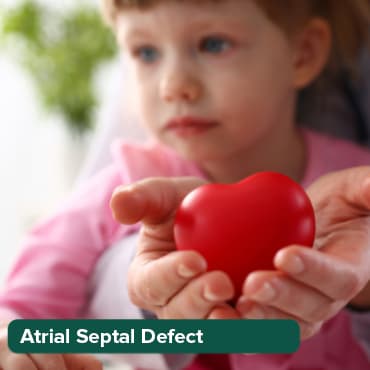
Coronary Angiogram a
Upto 80% off
90% Rated
Satisfactory
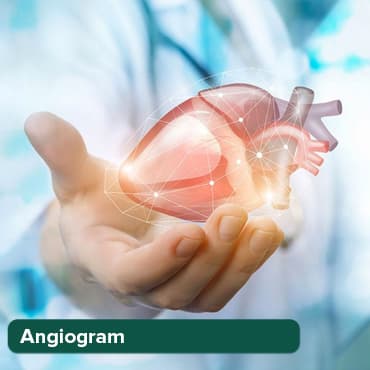
Coronary Angiogram C
Upto 80% off
90% Rated
Satisfactory
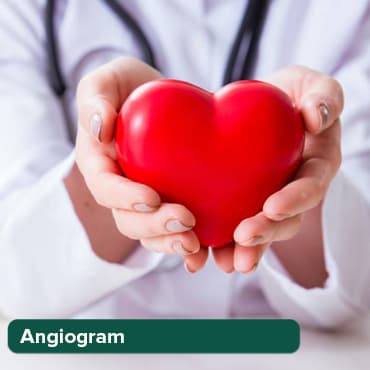
Liver Transplant
Upto 80% off
90% Rated
Satisfactory
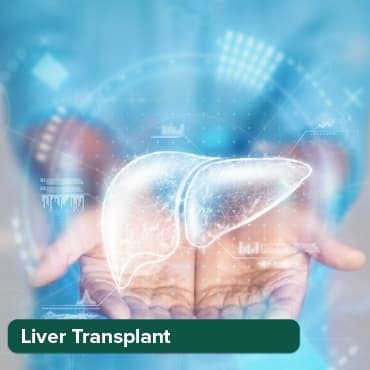
Total Hip Replacemen
Upto 80% off
90% Rated
Satisfactory
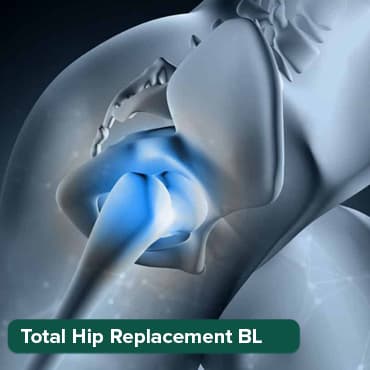
Diet after stent implant- What to consume?
A well-crafted post-stent diet is instrumental in fortifying cardiovascular health, reducing cholesterol levels, and averting plaque buildup following angioplasty. Here's a detailed breakdown of the heart-protective foods to include in your diet:
1. Fresh Fruits and Vegetables: Aim to incorporate 3-4 servings of fresh fruits and vegetables into your daily meals. These nutrient-packed foods are replete with essential vitamins, minerals, and dietary fibers that promote heart health. However, exercise caution by refraining from calorie-rich toppings such as cheese, butter, or heavy sauces. Additionally, avoid sugary or salty canned juices, as they may undermine your dietary efforts.
2. Nuts: It is advisable to make nuts a daily dietary staple. Cashews, almonds, and especially walnuts are nutritional powerhouses known to reduce LDL cholesterol levels, thus bolstering your cardiovascular well-being.
3. Sprouts and Legumes: Harness the nutritional benefits of sprouts and legumes like beans, peas, and lentils. These foods offer a remarkable combination of essential nutrients and low-fat proteins while providing satiating fiber. Consuming two servings daily can contribute significantly to lowering your risk of heart disease.
4. Healthy Oils: Opt for heart-healthy oils such as olive oil and peanut oil. These oils are rich sources of polyunsaturated fatty acids (PUFA), which are instrumental in maintaining your overall cardiovascular health.
5. Freshly Brewed Tea: Embrace the goodness of freshly brewed tea, particularly varieties rich in flavonoids. This can mitigate the risk of heart-related issues. Be vigilant in avoiding packaged versions of tea, as they may not deliver the same benefits.
6. Whole Grains: Prioritize whole grains over processed flours. Whole grains are abundant in dietary fibers, which play a pivotal role in managing cholesterol levels in your bloodstream. This dietary choice is an effective way to support your heart health.
7. Stay Hydrated: Adequate hydration is essential, especially when you're recovering from a medical procedure. Drinking ample water is vital for maintaining bodily functions, combating viruses, flushing out toxins, and replenishing lost fluids. However, exercise caution and avoid caffeinated beverages, as they can lead to dehydration and heart palpitations.
8. Poultry and Fish: Opt for poultry and fish as your primary sources of protein. These options are preferable due to their lower saturated fat content compared to red meat. When preparing poultry and fish, choose healthier cooking methods like broiling, baking, or poaching, and avoid high-fat sauces and gravies. Fatty fish, such as salmon and trout, are particularly beneficial due to their high levels of omega-3 fatty acids, which have been associated with heart health.
By incorporating these heart-healthy foods into your post-stent diet, you can provide crucial support to your cardiovascular system and enhance your overall well-being.
What should you avoid after stent placement?
Maintaining a heart-healthy diet after a stent implant is crucial for a successful recovery and long-term cardiovascular well-being. To safeguard your heart health and maximize the benefits of the stent, it's important to steer clear of certain foods and habits:
1. Fatty Foods: Avoid foods that are high in saturated and trans fats. These include fried foods, fast food, and fatty cuts of meat. Excessive consumption of saturated and trans fats can raise cholesterol levels and contribute to plaque buildup in the arteries.
2. Foods with Added Preservatives or Sugars: Processed foods often contain high levels of added preservatives, sugars, and artificial additives. These can lead to weight gain, insulin resistance, and an increased risk of heart disease. Opt for fresh, whole foods whenever possible.
3. Excessive Coffee: While moderate coffee consumption may have some health benefits, excessive caffeine intake can lead to increased heart palpitations and dehydration. Limit your coffee consumption and opt for decaffeinated options if needed.
4. High Salt Intake: Excessive salt (sodium) intake can elevate blood pressure, increasing the workload on your heart. Avoid adding extra salt to your meals, and be cautious of processed foods and restaurant dishes that often contain hidden sodium. Opt for herbs and spices to flavor your food instead.
5. Processed Fish or Meats: Processed meats like sausages, bacon, and deli meats are high in sodium and saturated fats, making them detrimental to heart health. Red meat, especially when it's high in fat, should also be limited in your diet. Choose lean cuts of meat and prepare them using healthier cooking methods.
In light of the ongoing COVID-19 pandemic's impact on India's healthcare system, it's important to recognize the potential cardiac implications of the virus. Cardiologists stress the significance of adhering to a heart-healthy diet as a preventive measure to mitigate additional strain on the cardiovascular system. By avoiding the aforementioned foods and habits, you can play an active role in safeguarding your heart health during these challenging times.
Why should you consider getting a stent implant in India?
India is the most favored place for heart treatment operations for a few major reasons. And if you are searching for the best heart hospital in India, we will help you out to find the same.
- India's cutting-edge reproductive techniques,
- medical skills
- Multidisciplinary approach
- Personalized diet chart for faster healing for post-surgery recovery
- Heart treatment costs in India are among the best in the world, as our patients need affordable and quality outcomes.
All these have significantly increased the success rate of stent implant treatment in India.
By simply packing their medical journey to India, heart treatment can substantially benefit the patient. We also offer a comprehensive range of counseling for coping with emotional changes to our international patients.
How can we help with the treatment?
If you're on the lookout for treatment in India, Thailand, Singapore, Malaysia, UAE, and Turkey, let Healthtrip be your compass. We will serve as your guide throughout your medical treatment. We'll be by your side, in person, even before your medical journey commences. The following will be provided to you:
- The global network of 35 + countries, connect to renowned doctors.
- 335+ top hospitals, including Fortis and Medanta.
- Post-treatment support, 24/7 assistance.
- Teleconsultations at $1/minute.
- Trusted by 44,000+ patients.
- Access top treatments, and real patient insights.
- Prompt emergency assistance.
- Pre-scheduled specialist appointments.
We are dedicated to offering the highest quality health care to our patients. We have a team of highly qualified and devoted health professionals that will be by your side from the beginning of your journey.
Wellness Treatment
Give yourself the time to relax
Lowest Prices Guaranteed!

Lowest Prices Guaranteed!
